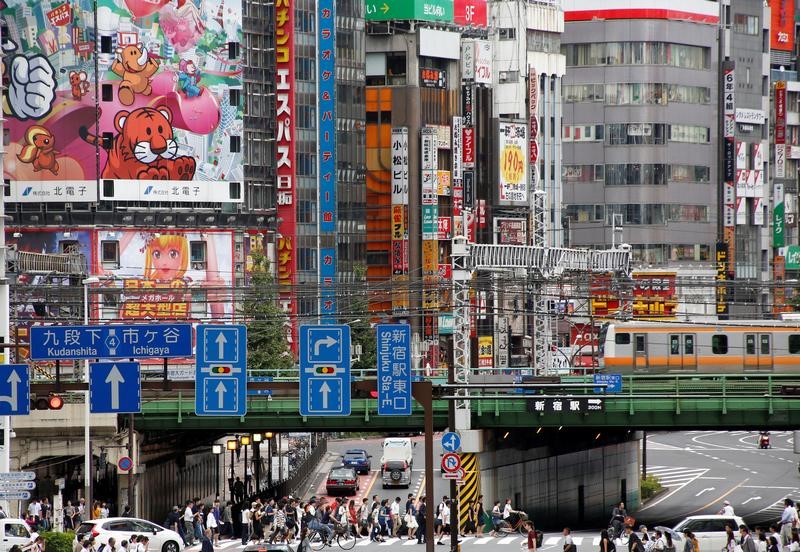(Bloomberg) -- Japan’s key inflation gauge held at zero for a second month, adding to concern that price momentum may struggle to recover after the coronavirus triggered the sharpest economic contraction on record.
Consumer prices excluding fresh food were unchanged in July, the ministry of internal affairs reported Friday. Economists had forecast a gain of 0.1%.
Key Insights
- Weak price data even as the economy reopens adds to headaches for the Bank of Japan, which has struggled for years to stoke inflation. With Japan’s economy shrinking last quarter by almost 30%, there’s a risk weak demand could bring back deflationary price-setting behavior.
- A recent surge in Japan’s virus cases has made people more reluctant to venture out and could undermine the recovery. So far this month, air and rail passenger numbers at some major carriers have fallen by more than half compared with last year, a sign of how subdued activity has been during the peak summer holidays.
- The Bank of Japan last month cut its projection for consumer prices, saying it now sees them falling an average of -0.5% this fiscal year. Governor Haruhiko Kuroda has said repeatedly he still views the risk of Japan falling back into deflation as low at this point.
- Private sector analysts including Hiroshi Ugai, chief Japan economist at JPMorgan Chase (NYSE:JPM) & Co., say the BOJ could eventually be cornered into responding to weak inflation, but no action is likely in the near future.
What Bloomberg’s Economist Says
“Looking ahead, we doubt the inflationary pressures will last. New cases of Covid-19 are rising rapidly and renewed efforts to contain the pandemic threaten to damp the recovery momentum.”
--Asia Economist Team
Click here to read more.
Get More
- Inflation excluding energy and fresh food rose 0.4%. Analysts projected a 0.5% increase.
- Overall prices increased 0.3%, matching the estimate from economists.
(Adds more price data.)
©2020 Bloomberg L.P.
